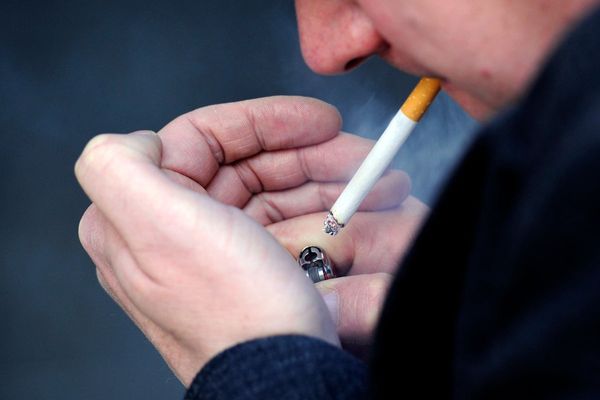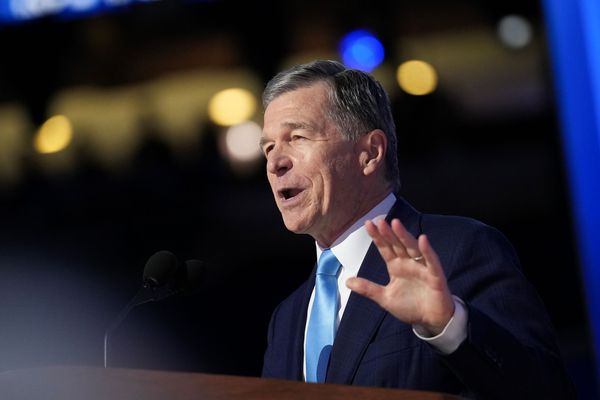
No handouts? Forget the promise of the Conservative leadership race; three days into her term as prime minister Liz Truss has unveiled one of the biggest-single packages of financial support for households in recent decades.
For a politician who sets great store by free market economics, not since the 1970s has there been an intervention on this scale in setting the prices consumers pay. This wasn’t though how team Truss branded the plan, instead calling it an “energy price guarantee” – not a fix, or a cap. And not a sniff of a new windfall tax to pay for it.
After weeks of waiting for Truss to tell the public how she would keep the lights on this winter, we are still in the dark about how much it will cost exactly.
The prime minister did not give any figures in her statement or explain how it would be funded. A price tag of £150bn has been suggested by government sources. But it will be left up to her new chancellor, Kwasi Kwarteng, to spell out the precise details in a “fiscal statement” due later this month.
Taking steps to freeze the average household bill at £2,500 a year for the next two years will not come cheap. Alongside £400 energy support payments for every household this year, as well as reversing the increase in national insurance contributions and scrapping a rise in corporation tax next spring, the costs of a Truss government will spiral higher still.
In promising a fixed price for consumers – the government will pay suppliers the difference between wholesale costs – taxpayers will also be exposed to the vagaries of the global energy market. As Vladimir Putin’s war in Ukraine continues, and with winter coming, there will be sizeable changes in the cost of oil and gas that will influence the ultimate price tag.
Having ruled out an increased windfall tax on energy firms to help with some of the costs, the government will add significantly to public borrowing.
Under the plan, the Institute for Fiscal Studies expects that every extra £1 spent by households will cost the taxpayer 75p the next year, which it called “clearly not sustainable” over the long term.
“The failure to provide any official sense of a costing was extraordinary, and deeply disappointing,” said Paul Johnson, the IFS director.
The surge in borrowing comes against a far from ideal backdrop, with rampant inflation and a recession looming. The Bank of England is raising interest rates, in line with other major central banks around the world, and has switched off its quantitative easing bond-buying machine – which economists credited with helping to smooth the higher levels of borrowing during the Covid pandemic.
The government’s budget deficit was already expected to be large this year, while the national debt, above £2tn and close to 100% of GDP, was already at its highest since the 1960s.
Running a bigger deficit is not always problematic, with borrowing able to fund investments to pave the way for higher economic growth in future, while the national debt is also high in many comparable economies. Yet choices about how deficits are used are fiercely political, and not entirely risk free.
Truss argues her plan will cut headline inflation by about five percentage points. This is because prices not rising by as much as anticipated will limit the increase in the consumer prices index. And in doing so, it would save the government additional interest payments on inflation-linked debt.
Before Truss’s intervention, the Bank of England had forecast inflation to reach 13%, while some economists expected a peak above 18% next year. Inflation is still likely to remain above the 10.1% reached in July for some time to come but is unlikely to rise significantly further. And under a cap of £2,500 for the average energy bill, consumers face prices of more than double those of a year ago.
There are also ways in which the package could add to inflation by other means. First, economists say putting more money in the pockets of households will help maintain consumer demand, which could prove inflationary. Supporting rich and poor households alike will also do little to encourage energy efficiency and lower fossil-fuel consumption.
Meanwhile, the unfunded nature of Truss’s package has raised eyebrows among City investors, reflected in the pressure on the pound on global currency markets. Sterling has dropped to the lowest level since 1985 in recent weeks. In turn, this will drive up costs for importing goods from overseas, paid for in foreign currency, adding to inflation.
Big questions remain about costs. Different choices could have been made. But for struggling households this winter, sticking to a free-market campaign promise would have been significantly worse.







